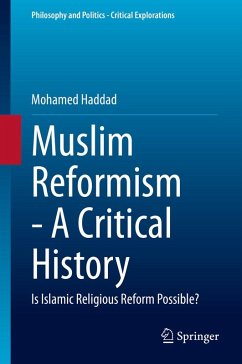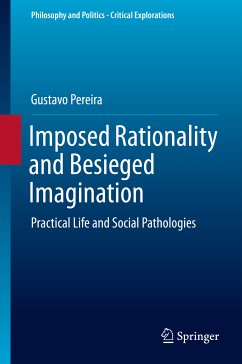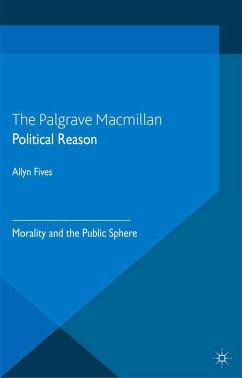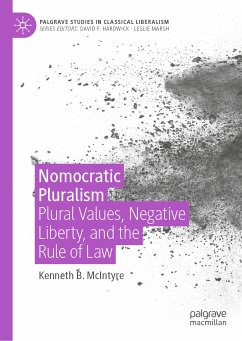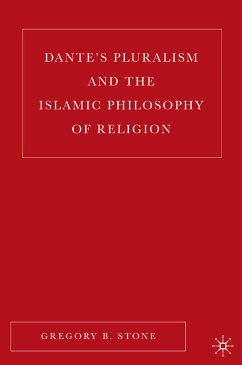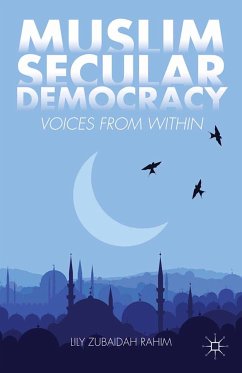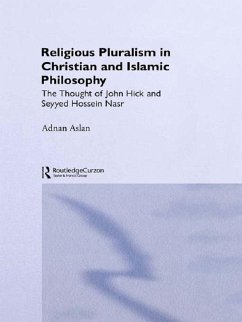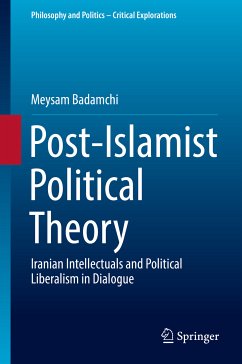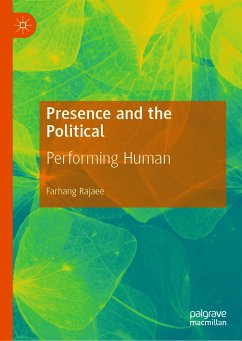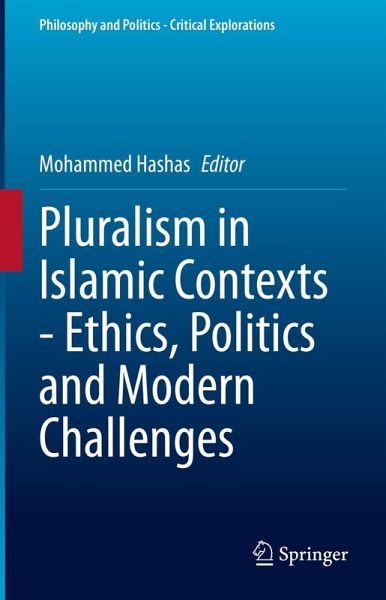
Pluralism in Islamic Contexts - Ethics, Politics and Modern Challenges (eBook, PDF)
Versandkostenfrei!
Sofort per Download lieferbar
88,95 €
inkl. MwSt.
Weitere Ausgaben:

PAYBACK Punkte
44 °P sammeln!
This book brings together international scholars of Islamic philosophy, theology and politics to examine these current major questions: What is the place of pluralism in the Islamic founding texts? How have sacred and prophetic texts been interpreted throughout major Islamic intellectual history by the Sunnis and Shi'a? How does contemporary Islamic thought treat religious and political diversity in modern nation states and in societies in transition? How is pluralism dealt with in modern major and minor Islamic contexts? How does modern political Islam deal with pluralism in the public sphere...
This book brings together international scholars of Islamic philosophy, theology and politics to examine these current major questions: What is the place of pluralism in the Islamic founding texts? How have sacred and prophetic texts been interpreted throughout major Islamic intellectual history by the Sunnis and Shi'a? How does contemporary Islamic thought treat religious and political diversity in modern nation states and in societies in transition? How is pluralism dealt with in modern major and minor Islamic contexts? How does modern political Islam deal with pluralism in the public sphere? And what are the major internal and external challenges to pluralism in Islamic contexts?
These questions that have become of paramount relevance in religious studies especially during the last three-four decades are answered as critically highlighted in Islamic founding sources, the formative classical sources and how it has been lived and practiced in past and present Islamic majority societies and communities around the world. Case studies cover Egypt, Turkey, Indonesia, and Thailand, besides various internal references to other contexts.
These questions that have become of paramount relevance in religious studies especially during the last three-four decades are answered as critically highlighted in Islamic founding sources, the formative classical sources and how it has been lived and practiced in past and present Islamic majority societies and communities around the world. Case studies cover Egypt, Turkey, Indonesia, and Thailand, besides various internal references to other contexts.
Dieser Download kann aus rechtlichen Gründen nur mit Rechnungsadresse in A, B, BG, CY, CZ, D, DK, EW, E, FIN, F, GR, HR, H, IRL, I, LT, L, LR, M, NL, PL, P, R, S, SLO, SK ausgeliefert werden.



